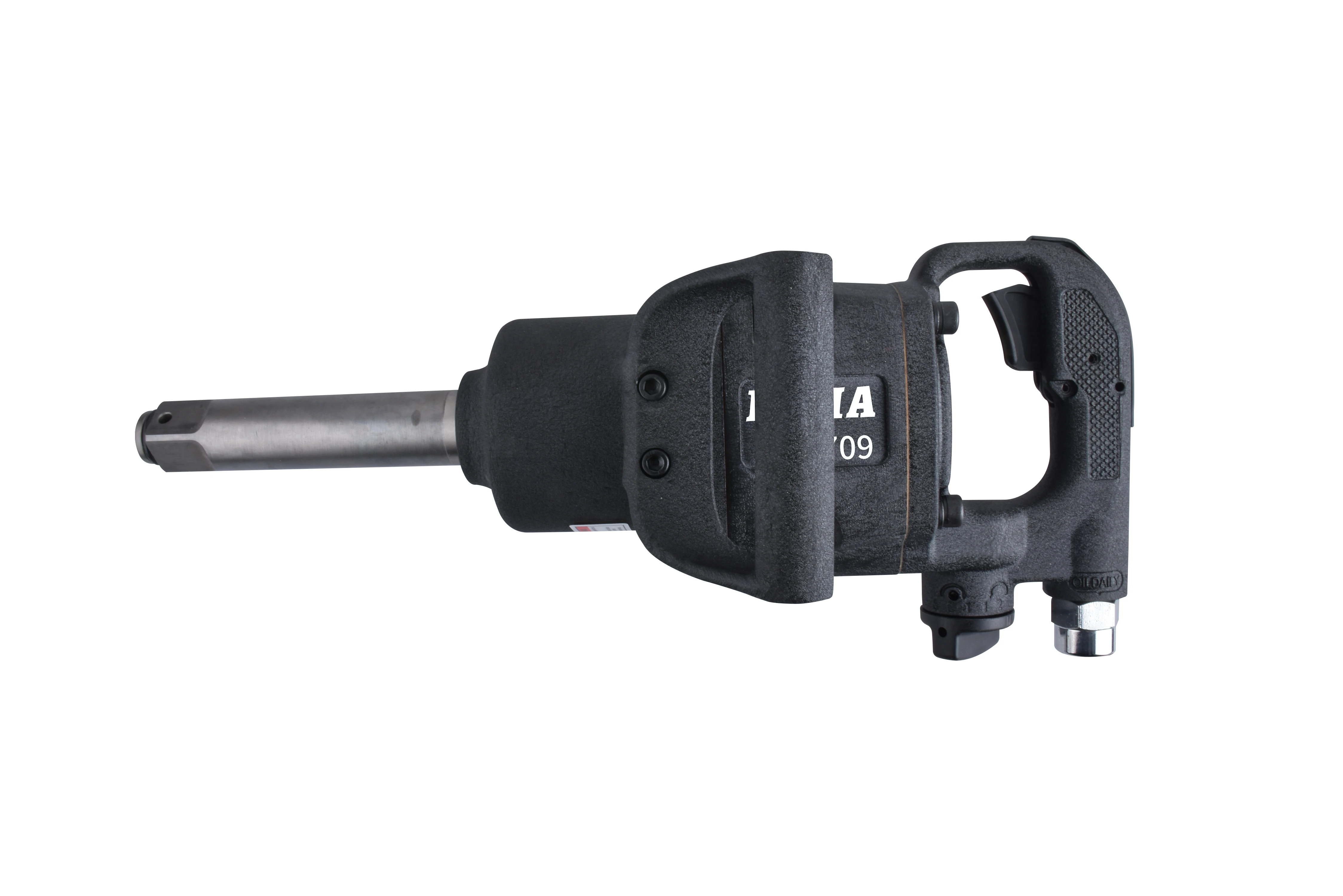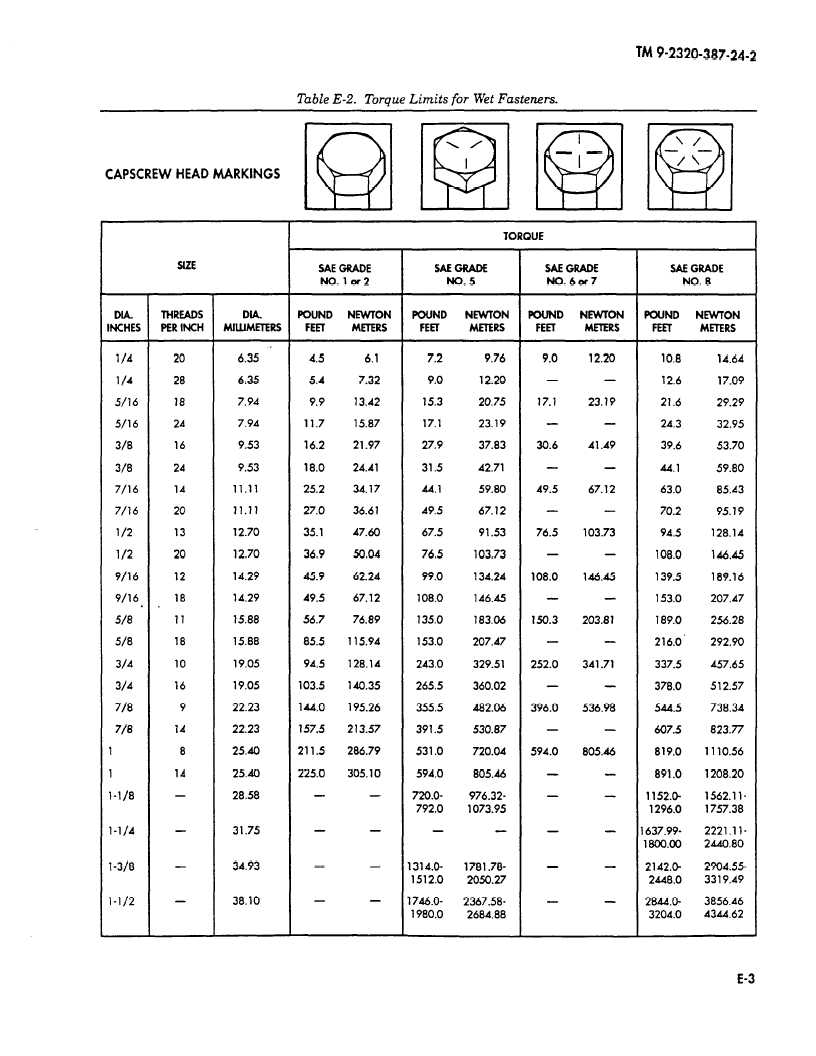Cool Tips About Is 400 Nm Torque Good
[Solved] 3) An Electric Traction Motor Provides A Torque Of 400 N.m
Decoding Torque
1. What is Torque Anyway? (And Why Should You Care?)
Alright, let's talk torque. You've probably heard the term thrown around when discussing cars, but what does it really mean? Simply put, torque is a twisting force. Think of it as the muscle that gets things moving. In a car engine, torque is what turns the crankshaft, which in turn gets the wheels spinning. More torque generally means quicker acceleration and better pulling power, especially when hauling heavy loads or climbing hills.
Now, before you start imagining yourself tearing up the asphalt, it's important to remember that torque isn't everything. Horsepower also plays a crucial role in overall performance. While torque gets you off the line quickly, horsepower determines how fast you can go at higher speeds. Think of torque as the sprinter getting a quick start, and horsepower as the marathon runner maintaining a consistent pace.
So, where does 400 Nm fit into all of this? Well, that depends entirely on the context. Is it a good amount of torque for a family sedan? Possibly. Is it enough for a heavy-duty pickup truck? Maybe not. The "goodness" of 400 Nm torque is relative to the vehicle type and its intended use. We'll delve into specific scenarios shortly.
Think of it like this: 400 Nm is like a specific type of wrench. It might be perfect for tightening bolts on a bicycle, but completely inadequate for working on a construction crane. Understanding the application is key to evaluating whether 400 Nm is "good" or not.

400 Nm Torque
2. Family Cars and Everyday Driving
For a typical family car, 400 Nm of torque can be considered quite respectable. It's generally enough to provide brisk acceleration for everyday driving, comfortable highway cruising, and even some occasional towing duties. Many modern gasoline and diesel engines produce around this level of torque, offering a good balance of performance and fuel efficiency.
Consider a mid-size sedan, for example. With 400 Nm, you'll likely experience confident overtaking maneuvers and a responsive feel in city traffic. You won't be setting any land speed records, but you'll certainly have enough power to handle most driving situations with ease. It's a comfortable and practical sweet spot.
However, it's worth noting that the overall driving experience is also influenced by factors like vehicle weight, transmission type, and gearing. A lighter car with the same amount of torque will feel more responsive than a heavier one. Similarly, a well-matched transmission can optimize the use of torque for different driving conditions.
Ultimately, 400 Nm in a family car translates to a smooth and enjoyable driving experience, providing adequate power for both daily commutes and weekend getaways. It's a solid foundation for a versatile and practical vehicle. Just picture yourself effortlessly merging onto the highway, a slight smirk playing on your lips as you leave the slow-pokes in your rearview mirror. (Okay, maybe don't actually smirk too much.)

When 400 Nm Might Not Cut It
3. Heavy-Duty Applications and Performance Vehicles
While 400 Nm is decent for everyday driving, it might fall short in certain applications. Think about heavy-duty pickup trucks designed for towing massive loads or performance cars built for exhilarating speed. In these scenarios, more torque is generally desired.
Imagine trying to haul a large trailer with a vehicle only producing 400 Nm. You might struggle to maintain speed on inclines, and acceleration could be painfully slow. Similarly, a sports car with limited torque might feel sluggish off the line, even if it has impressive horsepower at higher speeds.
For heavy-duty applications, diesel engines are often preferred due to their ability to generate high torque at low RPMs. These engines can easily produce 600 Nm, 800 Nm, or even more, providing the necessary pulling power for demanding tasks. Similarly, performance cars often rely on forced induction (turbocharging or supercharging) to boost torque output and deliver thrilling acceleration.
The bottom line is that 400 Nm, while adequate for many vehicles, simply isn't enough for applications where raw power and pulling strength are paramount. It's like trying to move a mountain with a shovel you might eventually get the job done, but it's going to take a very long time. You'd be much better off with a bulldozer.

Type 1000nm To 6000nm 1 Inch High Power 5000 Nm 1.5 Inches Composite
Factors Affecting Perceived Torque
4. Weight, Gearing, and Transmission
So, you know that 400 Nm can be a good starting point for a lot of vehicles. But there's more to the story. The actual "feel" of that torque can be affected by several factors, including vehicle weight, gearing, and transmission type.
A lighter vehicle will naturally feel more responsive with the same amount of torque as a heavier one. It's simple physics: less mass to move requires less force. Think of it like pushing a shopping cart versus pushing a fully loaded moving truck. The shopping cart takes much less effort, even though you're applying the same amount of "torque" with your arms.
Gearing also plays a crucial role. Lower gears multiply torque, providing more pulling power at lower speeds. This is why first gear is typically used for getting a vehicle moving from a standstill. Higher gears, on the other hand, prioritize fuel efficiency and smoother cruising at higher speeds.
Finally, the type of transmission can also influence the perceived torque. Automatic transmissions, with their torque converters, can sometimes feel smoother and more responsive than manual transmissions, particularly at low speeds. However, manual transmissions often offer more direct control and a more engaging driving experience.

Conclusion
5. The Verdict
So, is 400 Nm torque good? The ultimate answer is a resounding "it depends!" It's a respectable figure for a family car, providing a good balance of performance and practicality. However, it might not be sufficient for heavy-duty trucks or high-performance sports cars.
When evaluating torque, it's crucial to consider the vehicle type, its intended use, and the overall driving experience you're seeking. Don't get too caught up in the numbers alone. A well-balanced vehicle with a harmonious combination of torque, horsepower, gearing, and weight distribution will always outperform a vehicle with impressive torque figures but poor overall engineering.
Think of it as choosing the right tool for the job. A Swiss Army knife is great for everyday tasks, but you wouldn't use it to build a house. Similarly, 400 Nm might be perfect for daily commutes, but you'd need something more robust for towing a boat across the country.
Ultimately, the best way to determine if 400 Nm is "good" for you is to test drive a vehicle and see how it feels. Pay attention to acceleration, responsiveness, and overall drivability. After all, the most important thing is that the vehicle meets your specific needs and provides an enjoyable driving experience.

Anti Seize Torque Chart At Rose Hutchinson Blog
Frequently Asked Questions
6. Your Torque-Related Questions Answered!
Let's address some common questions about torque to further clarify things.
Q: What is the difference between torque and horsepower?
A: Torque is the twisting force that gets things moving, while horsepower is the rate at which work is done. Think of torque as the muscle and horsepower as the speed at which the muscle works. Torque gets you going quickly, and horsepower keeps you going fast.
Q: Is more torque always better?
A: Not necessarily. While more torque can be beneficial in certain situations, such as towing or off-roading, it's not always the most important factor. For everyday driving, a balanced combination of torque and horsepower is often preferable. Also, excessive torque can lead to wheelspin and reduced traction, especially in slippery conditions. So, you know, don't be too greedy.
Q: How can I increase the torque of my engine?
A: There are several ways to increase engine torque, including installing a turbocharger or supercharger, upgrading the exhaust system, or remapping the engine control unit (ECU). However, it's important to note that these modifications can affect fuel efficiency and potentially void your vehicle's warranty. Always consult with a qualified mechanic before making any significant changes to your engine.
Q: Does torque affect fuel economy?
A: Yes, torque can indirectly affect fuel economy. Engines with higher torque outputs often allow drivers to use less throttle to achieve the same level of performance. This can lead to improved fuel efficiency, especially during highway cruising. However, if you constantly use the extra torque for aggressive acceleration, your fuel economy will suffer.